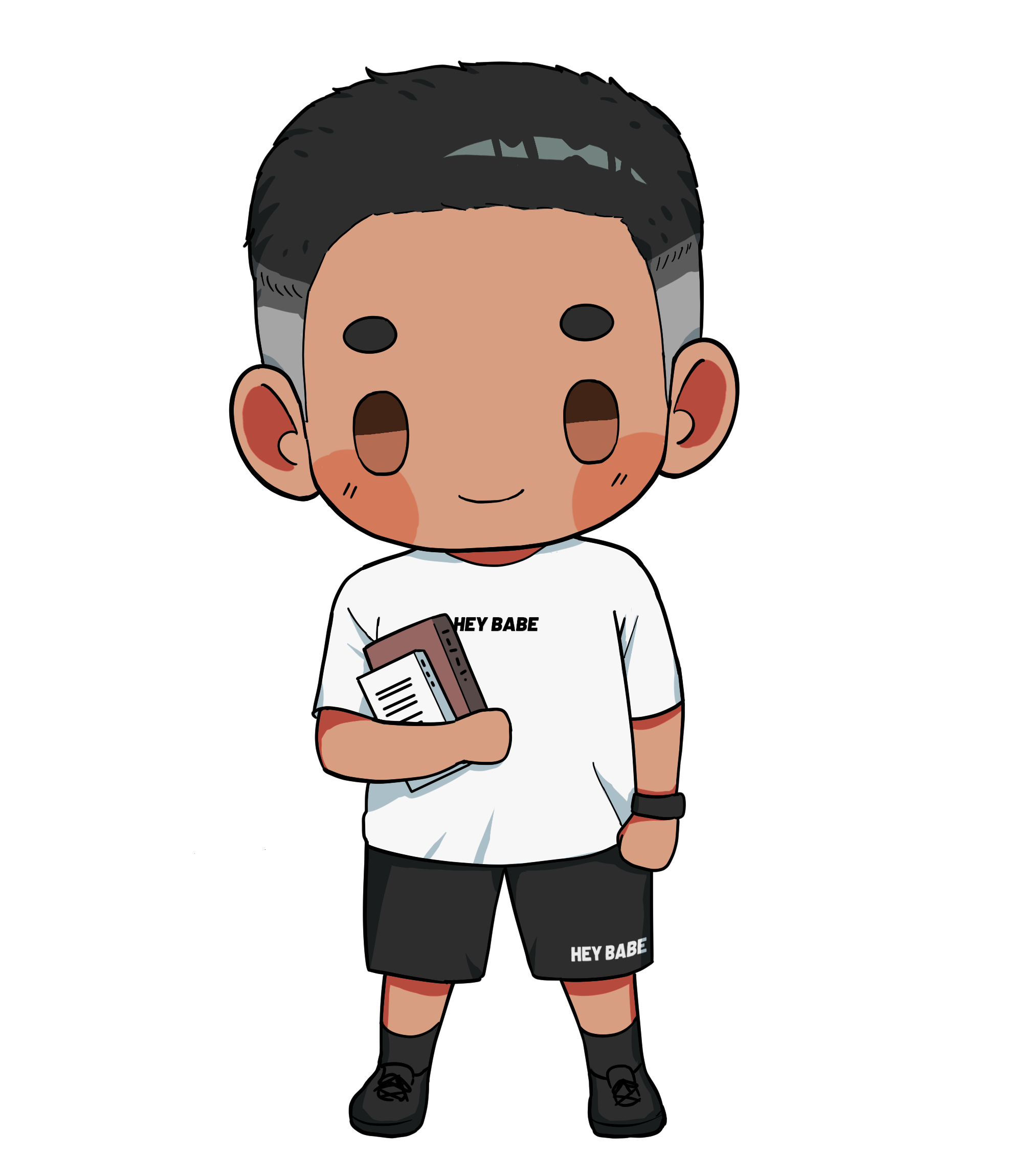📖 The Power of Regret by Daniel Pink
Topic: Psychology of Regret | Medium: Audible | Rating: 5/5
I have looked at some of my regrets with shame. I love how this book provided a new perspective on regrets and reframes it as constructive. Highlighting the positive power of negative emotions.
1. The Anti-Regret Philosophy
"Anti-regret philosophy is so self-evidently true. That is more often asserted than argued. Why invite pain when we can avoid it? Why summon rain clouds, when we can bathe in the sunny rays of positivity? Why ruin what we did yesterday? When we can dream of the limitless possibilities of tomorrow? This worldview makes intuitive sense. It seems right. It feels convincing, but it has one not insignificant flaw. It is dead wrong. ... Regret is not dangerous or abnormal a deviation from the steady path to happiness. It is healthy and universal, an integral part of being human. Regret is also valuable, it clarifies, it instructs. Done right it needn't drag us down. It can lift us up."
2. Regret makes us better
"Instead, we are organisms programmed for survival, at least counterfactual is preserve our feelings in the moment, but they rarely enhance our decisions or performance in the future. If only counterfactual, do greater feelings now, but and this is key. They can improve our lives. Later regret is the quintessential, upward counterfactual. The ultimate, if only the source of its power, scientists are discovering, is that it muddles the conventional pain-pleasure calculus. Its very purpose is to make us feel worse because by making us feel worse today, regret helps us do better tomorrow."
If only vs at least mindset.
The person who comes in the third thinks "at least" I got a medal and is happier than the person who came in the second who thinks "if only" I did X, I would have won gold. However, the regret of second place causes greater reflection and motivation to be better next time.
3. Risk vs Regret
"Minimizing regret is not the same as minimizing risk. And if we don't anticipate properly, we end up making the regret minimizing choice rather than the risk. Minimizing choice. Sometimes that means no decision at all, regret aversion can often lead to decision aversion. Many studies have shown if we focus too much on what will regret, we can freeze and decide not to decide likewise in studies of negotiation."
Recap
What to do for any inaction regrets:
- Undo it, apologize, make amends or try to repair the damage to at least it.
- Find the silver lining. Think about how the situation could have turned out worse and appreciate that it didn't.
What to do for any regret, action or inaction there are three steps:
- Self-disclosure - relive and relieve the regret by telling others about it. Admission clears the air or by writing about it privately.
- Self-compassion - normalize and neutralize the regret by treating yourself the way you treat a friend.
- Self-distancing analyse and strategise about the lessons you've learned from the regret by zooming out in time in space or through language to use anticipated regrets in your decision-making satisfies most decisions.
What to do for core regrets:
- If you're not dealing with one of the four core regrets, make a choice, don't second guess yourself and move on to maximise on the most crucial decisions.
- If you are dealing with one of the four core regrets, project yourself to a specific point in the future and ask yourself which choice will most help you build a solid foundation. Take a sensible risk, do the right thing or connect with others.
Activities
Form a regret circle:
- The person tells the story of their regret.
- The others categorise the regret. Action/inaction? One of the 4 deep structures (foundation, boldness, moral, connection)?
- Go through disclosure, compassion, and distance process.
- Decide on behaviour/actions to take.
- Others hold them accountable.
Other Actions:
- Create a regret resume.
- Instead of new year resolutions, create regret resolutions.
